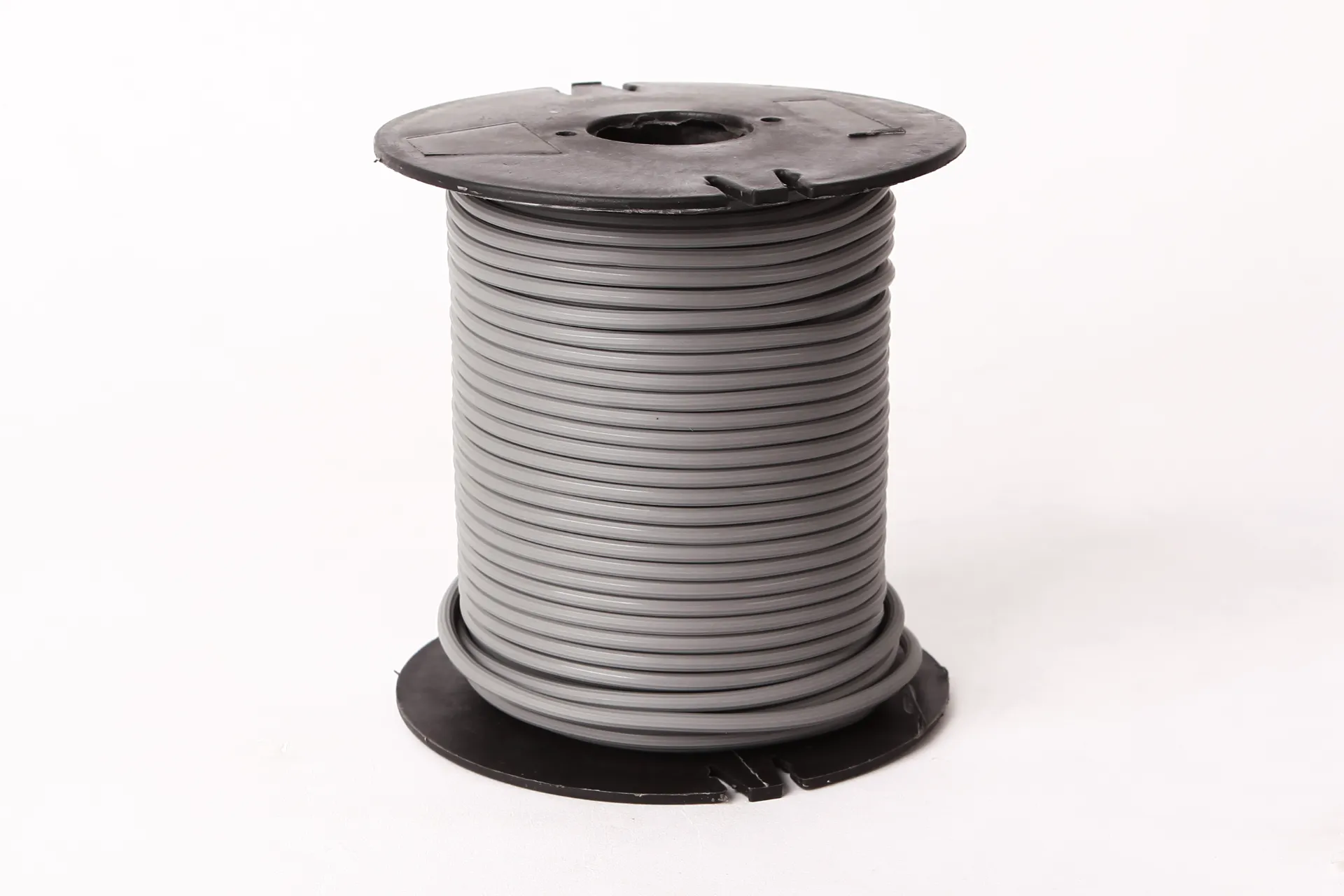what is the most durable type of flooring
The Most Durable Type of Flooring Making the Right Choice for Your Space
When it comes to flooring options, durability is often at the forefront of homeowners’ and commercial property managers’ minds. The right flooring not only contributes to the aesthetic appeal of a space but also withstands the wear and tear associated with daily use. In this article, we will explore the most durable types of flooring available, highlighting their benefits and considerations to help you make an informed decision.
Vinyl flooring has gained immense popularity due to its resilience and versatility. Made from synthetic materials, modern vinyl planks and tiles come in a variety of designs that mimic natural materials like wood and stone. One of the significant advantages of vinyl is its ability to resist scratches, dents, and stains. Additionally, its water-resistant properties make it an ideal choice for areas prone to moisture, such as kitchens and bathrooms. With proper care, high-quality vinyl flooring can last 10 to 20 years.
2. Tile Flooring
Ceramic and porcelain tiles are among the most durable flooring options available. Both types are designed to withstand heavy foot traffic, making them perfect for homes and commercial settings. Porcelain tiles, in particular, are denser and less porous than ceramic tiles, lending them superior resistance to moisture and stains. Tiles are also heat and scratch resistant, ensuring long-lasting use. With minimal maintenance, tile flooring can last a lifetime, making it a worthwhile investment.
3. Laminate Flooring
what is the most durable type of flooring

Laminate flooring, a synthetic product that uses a photographic layer beneath a clear protective coat, offers durability at a relatively lower cost. High-traffic areas can benefit from laminate's resistance to scratches and fading, making it a popular choice among busy households. While laminate can imitate the look of hardwood or stone, it is essential to note that it is not as moisture-resistant as other options. Therefore, it is best used in living rooms, bedrooms, and areas that do not experience excessive moisture.
4. Engineered Hardwood
For those who love the look of natural wood but require a more durable option, engineered hardwood is a fantastic choice. Unlike solid hardwood, which is susceptible to warping and moisture damage, engineered hardwood is constructed from multiple layers of wood, making it more stable and resistant to humidity. It can withstand typical wear and tear, and with proper maintenance, it can last upwards of 30 years. However, keep in mind that while it is more durable than solid wood, it may still be subject to scratches and dents.
5. Concrete Flooring
Concrete may not be the first material that comes to mind when considering flooring options, but its durability is unparalleled. Often used in commercial spaces, polished concrete can withstand heavy loads, resist stains, and is impervious to moisture. Moreover, concrete flooring is easy to clean and maintain, making it a practical choice for both homes and businesses. With the right finishes, concrete can also be aesthetically pleasing, available in various colors and textures to suit any design style.
Conclusion
When selecting a durable flooring option, it's essential to consider your specific needs, the level of foot traffic, and environmental factors that may affect the longevity of the material. Vinyl flooring, tile, laminate, engineered hardwood, and concrete all offer impressive durability but cater to different aesthetic preferences and practical requirements. By weighing the pros and cons of each type, you can make an informed decision that will enhance the beauty and functionality of your space while ensuring it stands the test of time. Investing in durable flooring not only improves the quality of your environment but also proves to be a cost-effective decision in the long run.
-
The Evolution of Luxury Flooring Guangzhou Enlio's JourneyAug.05,2025
-
Innovative Commercial Flooring Solutions from Guangzhou Enlio SportsAug.05,2025
-
Premium Interior Solutions with Quality Skirting OptionsAug.05,2025
-
Masking Tape The Essential Tool for Professional ApplicationsAug.05,2025
-
SPC Vinyl FlooringJul.18,2025
-
Home SPC FlooringJul.18,2025




